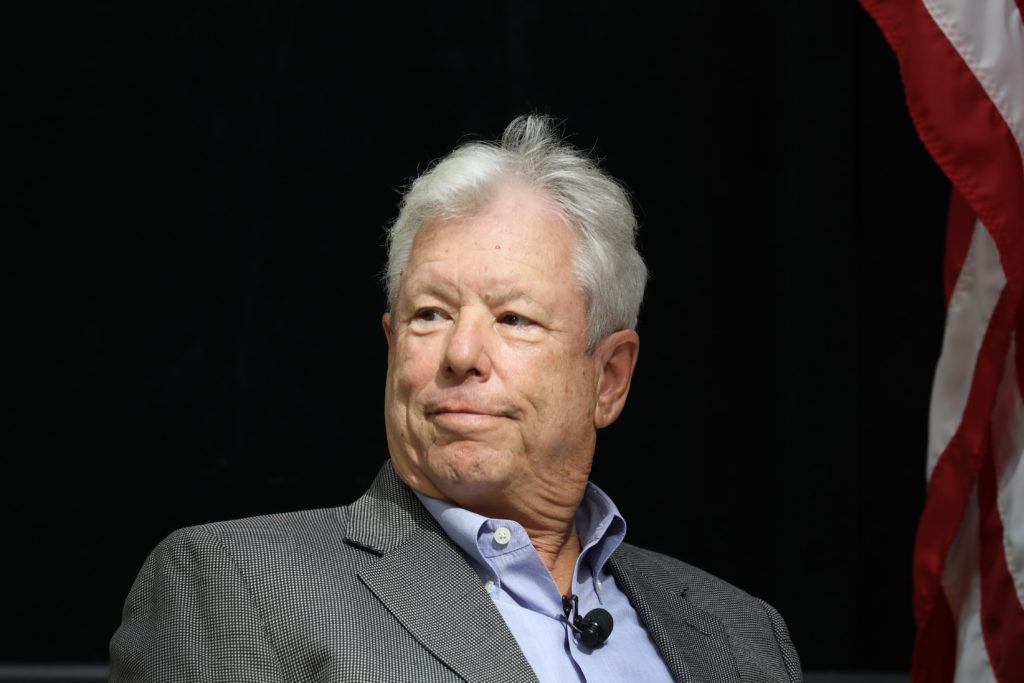Students of Economics in Leipzig, Germany. (Credit: Jan Woitas / dpa)
“Economics is a branch of practical knowledge – so economists aren’t entitled to just amuse themselves, as perhaps mathematicians are.”
These words, written by the economic historian Robert Skidelsky, appear in the preface of a newly published report into the state of economics. Unusually, perhaps, the report Skidelsky was introducing is the work of four industrious undergraduates who, concerned at what they’re being taught in their curriculum, are trying to steer the on-going debate about the state of the “dismal science”.
“Economics teaching is separate from the other social sciences, and has less diversity in theories and schools of thought,” say the authors of Educating Economists? – all of them studying at Durham University. “Students of economics insufficiently examine history, ethical frameworks, or what is happening in the world around them.”
As an economist myself, I’d say this observation is timely and true. A decade on from the 2008 financial crisis, amid growing Western inequality and insecurity, even the best universities risk failing their students and society with inadequate economics degrees. “Hardly any economist foresaw the crash – and because they were unprepared, their advice on how to respond was weak and contradictory,” Skidelsky writes. “We expect better from a discipline which claims to hold the keys to prosperity.”
This Durham report, while admirable, is not actually unusual. It’s the latest in a series of papers by students at leading departments, including Cambridge and Manchester, which point to the shortcomings of their economics training.
Before the 2008 collapse, economics courses were full of highly numerate students coveting lucrative jobs in finance. Since then, increasing numbers of young economists have become frustrated by mathematical models with little bearing on reality. Why study economics when your lectures willfully ignore crucial economic developments – rising inequality, environmental degradation, financial volatility – so often near the top of the news?
Campaigning students at Manchester, Cambridge and Durham are part of a network called Rethinking Economics that now includes over 70 university departments across more than 20 countries. From Hungary to Columbia, from Uganda to Russia, budding policy-makers are demanding their academic masters upend courses viewed as “too narrow, ahistorical and disconnected from the real world”.
Economics, as currently taught, “is insufficiently critical, and too often fails to understand social reality in partnership with other social sciences,” say the Rethinking Economics crowd.

 Main Edition
Main Edition US
US FR
FR







Join the discussion
Join like minded readers that support our journalism by becoming a paid subscriber
To join the discussion in the comments, become a paid subscriber.
Join like minded readers that support our journalism, read unlimited articles and enjoy other subscriber-only benefits.
Subscribe